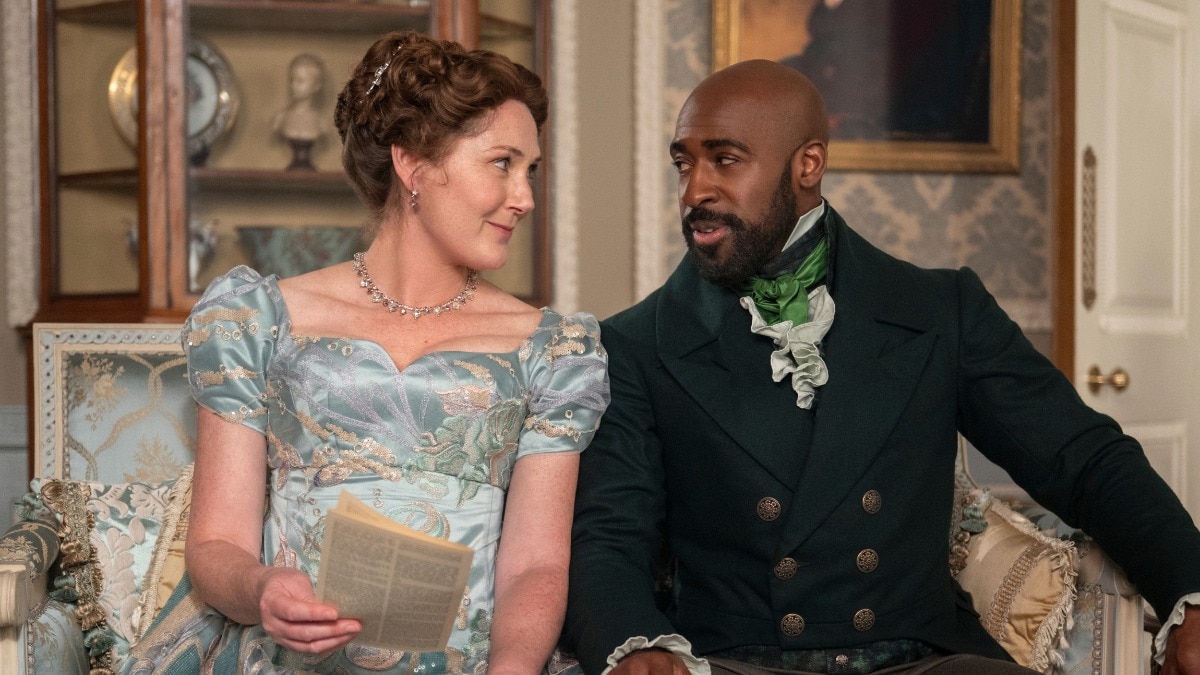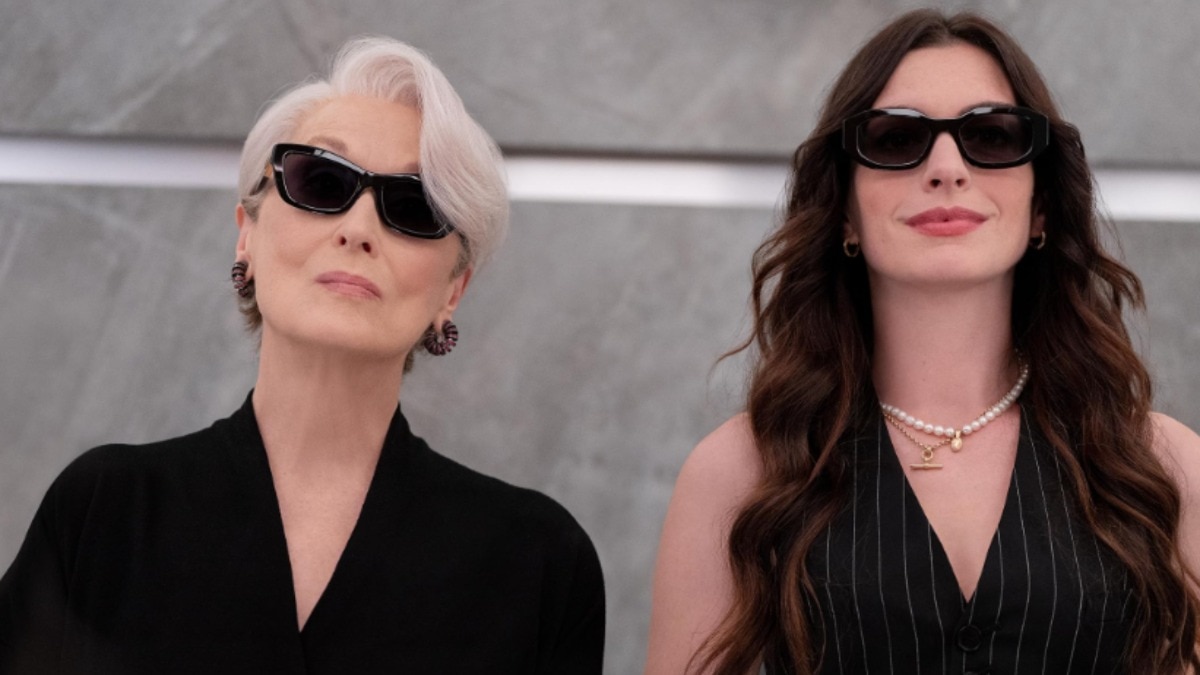Is crying during watching a movie or series a sign of your emotional strength
Mental health experts shed light on whether it’s the content, the person or the setting, or all of the above that makes one shed a tear or not.


Cinema has the power, the innate ability to make us feel a roller coaster of emotions as we immerse ourselves in front of a screen. No matter the size of the screen—be it a gooseflesh moment experiencing the visuals in an IMAX theatre, biting your nails during a ‘Netflix and Chill’ session binge-watching a crime thriller or just watching Friday’s latest release on your smartphone—you will laugh, cry, and sometimes even feel nothing.
Any avid cinephile can relate to shouting and cheering for a character countless times, both in the theatre and at home because they are able to relate to the happiness, joy, and euphoria taking place in front of them. However sadness, in this case watching it onscreen and being able to feel it, is something that a lot of us are yet to experience when watching films.
So what does that say about us as an audience? Is there something wrong with us? Should we feel out of place knowing other people cried their hearts out watching the same scene or film? Does a movie decide our emotional quotient? Whether you cry or not while watching a film, there is a strong reason behind the 'why'.
Emotional resonance
The reason why someone doesn’t feel something or does so—in this case crying during a movie, is due to emotional resonance, according to Mehezabin Dordi, clinical psychologist, Sir H N Reliance Foundation Hospital, Mumbai. “Not being attached to something is a personal choice. Sometimes you resonate with what’s being shown because it makes you feel a certain way, and sometimes you don’t. When it comes to the former, it often reflects the connection to the characters, storyline, or something that triggers some.”
This is a good thing from a psychological standpoint because it helps you release certain emotions and process certain feelings. The emotional engagement with the content, which depends on your life experiences and patterns doesn’t mean that it’s a sign of weakness or emotional strength, says Mansi Poddar, psychologist, psychotherapist, and founder of the Heal.Grow.Thrive Foundation. “I wouldn’t use the word emotional strength as it categorises people into strong and weak. Those who get emotional while watching a film are more in touch with their inner world and emotions because they can access it easily.”
Mirror neurons and cinema
Studies show that the mirror neurons in our brain make us respond to a particular emotion in any situation. These brain cells play a major role in the way we interpret the world and respond to an action, regardless of whether we perform or witness it.
The oxytocin hormone also plays a large role in how much empathy people experience in certain moments. In a movie or show, the director can ignite feelings of empathy in the audience through effective storytelling.
Do you relate to what is shown?
It’s okay to not feel the same emotion that the majority of the audience feels, your personal circumstances, upbringing, and current life situation dictate that relatability and no two people's life experiences are similar. Additionally, it's important to remember that the only thing permanent in life is change. Thus, owing to a new life experience, it's likely that you may react differently to a scene from a movie you’ve watched before
Another factor to consider is the perspective of the audience. Some people consume content solely from a technical aspect— they focus more on camera angle, cinematography, lighting, and so on—and may not relate to it emotionally.
Do you relate at all?
Society dictates how we feel
Along with the content, the setting and place of consuming content, too, decides if we’re going to shed tears or not. “It’s a societal construct that it’s not appropriate to cry in front of random strangers. You don’t want to share that and for them to see you in such a state. On one hand, where laughing is highly valued, showing emotion isn’t that welcome which is why you suppress your emotions and feel shame while expressing them,” says Poddar who makes a valid point right at the end, “People shouldn’t pathologise themselves for crying or not crying.”










